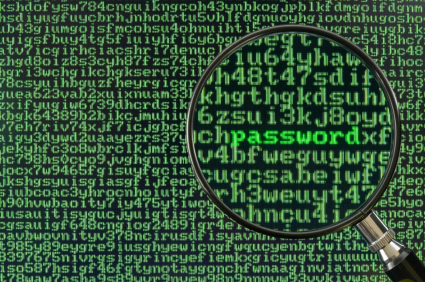 There are a lot of malicious things that can be done to your computer, unfortunately one of the worst is a virus. There are many other types of malware, such as computer worms, ransomware, trojan horses, keyloggers, rootkits, and spyware, but a virus typically has a moderate to severe impact.
There are a lot of malicious things that can be done to your computer, unfortunately one of the worst is a virus. There are many other types of malware, such as computer worms, ransomware, trojan horses, keyloggers, rootkits, and spyware, but a virus typically has a moderate to severe impact.
Why are computer viruses called viruses? Simple, just like viruses infecting biological organisms, these programs replicate, thus leading to them being called viruses. There are many other types of malware out there, but in order for a virus to be a virus, it has to replicate.
This results in the virus having a benign effect on the device or computer, and in other cases a catastrophic effect on the device or computer. More often than not, because a computer virus is created by human beings, there is a malicious intent behind their creation and distribution.
In addition due to the inherent nature of a virus replicating, these types of malware spread quickly. The worst, and most publicised computer malware infections are viruses.
The obvious question is, "How do you stop computer viruses?", simple anti-virus software. Well the answer is not always that simple.
Because of the malicious intent behind viruses, the virus programmers / designers adapt their programs to avoid detection by anti virus programs. Just like biological viruses, teams of people work to prevent the virus propagating by updating anti virus programs, quarantining infected computers, and tracking infections.
Sometimes your computer can get infected even though you have anti virus software, this is when you should find a professional, such as Collaboration Lab, to help remove the infection. You best bet is to avoid the infection by using common sense,
1) Use a reputable antivirus program, I suggest Microsoft Security Essentials.
2) Ensure that you update your computer operating system software, programs, and anti virus software. Updates on most anti virus programs come out twice a day and usually update automatically.
3) Use common sense. If you go to a possibly disreputable website and it asks you to download software, do not do it. If someone you "might" know sends you a file, used caution. If there is a link to expensive software or free items, think twice about clicking it. When in doubt, don't do it.
 Friday, March 1, 2013 at 8:18AM
Friday, March 1, 2013 at 8:18AM 

 Scams,
Scams,  Security in
Security in  General Ideas,
General Ideas,  Scams,
Scams,  Security,
Security,  Small Business
Small Business 




